“One of the reasons I believe in jazz,” ... “is that the oneness of man can
come through the rhythm of your heart. It’s the same anyplace in the world, that
heartbeat. It’s the first thing you hear when you’re born — or before you’re
born — and it’s the last thing you hear.”
1954
Dave Brubeck (Concord, California, 6 de diciembre de 1920 - Norwalk, Connecticut, 5 de diciembre de 2012) fue un pianista y compositor estadounidense de jazz. Fue uno de los principales representantes del cool jazz, en su línea principal (West Coast jazz) y uno de los músicos de jazz más populares entre los no aficionados. Lideró en los cincuenta el Dave Brubeck Quartet, que alcanzó un gran éxito.
Brubeck escribió numerosos estándares del jazz, entre los que se incluyen In Your Own Sweet Way y The Duke. El estilo de Brubeck oscilaba entre lo refinado y lo exuberante, reflejando influencias de la música clásica y atreviéndose con la improvisación. En mucha de su música empleaba las marcas del tiempos, con las que experimientó a lo largo de su carrera, grabando Pick Up Sticks en 6/4, Unsquare Dance en 7/8 y "Blue Rondo à la Turk" en 9/8.
Su habitual compañero musical, el saxo alto Paul Desmond, escribió el tema más famoso del Dave Brubeck Quartet, "Take Five", un clásico del jazz compuesto en 5/4.
Brubeck nació en Concord, California, ciudad ubicada en el área de la Bahía de San Francisco, y se crió en Ione. Su padre, Peter Howard "Pete" Brubeck, fue ganadero, mientras que su madre, Elizabeth (née Ivey), quien había estudiado piano en el Reino Unido con Myra Hess y pretendía ser concertista, impartía clases partituras. Su padre tenía ascendencia suiza, sus abuelos por parte de madre eran ingleses y alemanes. En un principio, Brubeck no pretendía convertirse en músico (sus dos hermanos mayores, Henry y Howard, ya lo eran), pero tomó lecciones de su madre.
Su intención era trabajar con su padre en el rancho, por lo que entró en el College of the Pacific de Stockton, California (ahora llamado Universidad del Pacífico) para estudiar veterinaria, aunque pronto se cambió a zoología. Allí su profesor Dr. Arnold le dijo: "Brubeck, tu cabeza no está aquí. Está en frente, en el conservatorio. Por favor váyase allí. Deja de perder nuestro tiempo y el tuyo". Así hizo, aunque casi se le expulsó por no saber leer partituras. Algunos de sus profesores le apoyaron, diciendo que su habilidad con el contrapunto y las armonías compensaban de sobra esa falta
Dave Brubeck, the pianist and composer who helped make jazz popular again in the 1950s and ’60s with recordings like “Time Out,” the first jazz album to sell a million copies, and “Take Five,” the still instantly recognizable hit single that was that album’s centerpiece, died on Wednesday December 5th in Norwalk, Conn. He would have turned 92 on Thursday.
He died while on his way to a cardiology appointment, accompanied by his son Darius. A birthday party had been planned for him with family and famous guests. It was recast as a memorial tribute.Mr. Brubeck lived in Wilton, Conn.
In a long and successful career, Mr. Brubeck brought a distinctive mixture of experimentation and accessibility that won over listeners who had been trained to the sonic dimensions of the three-minute pop single.
Mr. Brubeck experimented with time signatures and polytonality and explored musical theater and the oratorio, baroque compositional devices and foreign modes. He did not always please the critics, who often described his music as schematic, bombastic and — a word he particularly disliked — stolid. But his very stubbornness and strangeness — the blockiness of his playing, the oppositional push-and-pull between his piano and Paul Desmond’s alto saxophone — make the Brubeck quartet’s best work still sound original.
Outside of the group’s most famous originals, which had the charm and durability of pop songs ( “Blue Rondo à la Turk,” “It’s a Raggy Waltz” and “Take Five”), some of its best work was in its overhauls of standards like “You Go to My Head,” “All the Things You Are” and “Pennies From Heaven.”
David Warren Brubeck was born on Dec. 6, 1920, in Concord, Calif., near San Francisco. Surrounded by farms, his family lived a bucolic life: his father, Pete, was a cattle buyer for a meat company, and his mother, Elizabeth, was a choir director at the nearby Presbyterian church. When Mr. Brubeck was 11, the family moved to Ione, Calif., where his father managed a 45,000-acre cattle ranch and owned his own 1,200 acres.
Forbidden to listen to the radio — his mother believed that if you wanted to hear music you should play it — Mr. Brubeck and his two brothers all played various instruments and knew classical études, spirituals and cowboy songs. He learned most of this music by ear: because he was born cross-eyed, sight-reading was nearly impossible for him in his early years as a musician.
http://www.nytimes.com/interactive/2012/12/05/arts/music/brubeck-video.html?ref=music#index
TAKE FIVE
http://youtu.be/faJE92phKzI
THE "A" TRAIN
http://youtu.be/EbUklDXdH2o
http://youtu.be/4l1gI7qciqA
The Dave Brubeck Quartet and Ralph J. Gleason, syndicated jazz columnist, perform live at the Jazz Casual TV show, live in 1961.
The Dave Brubeck Quartet is made up of Dave Brubeck, Paul Desmond, Joe Morello and Gene Wright.


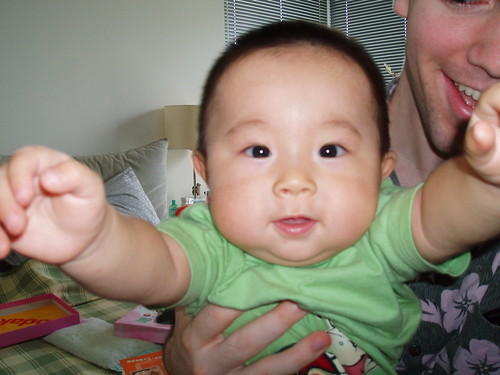



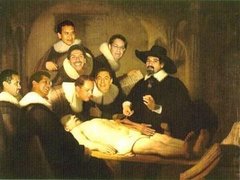

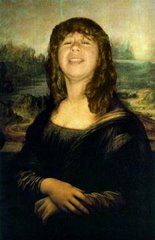
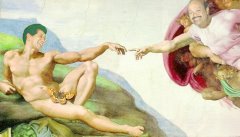

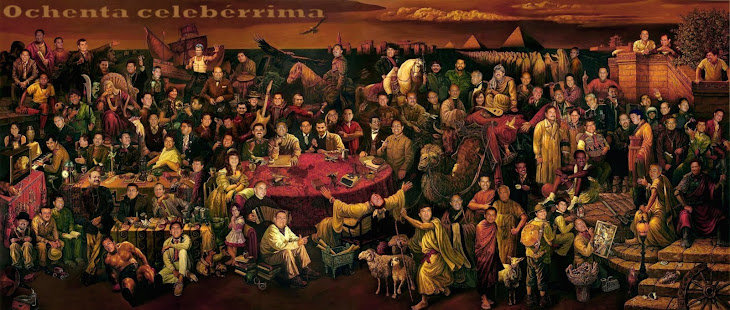
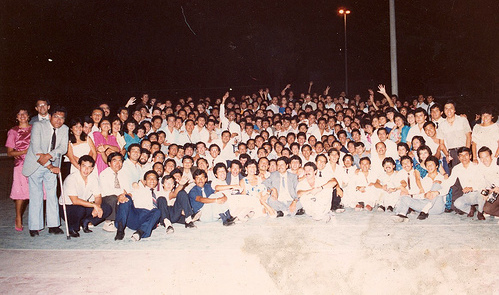
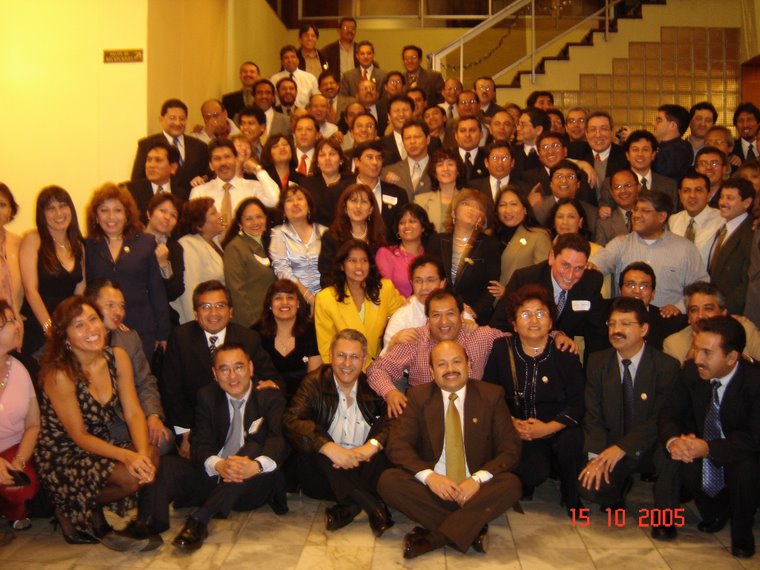
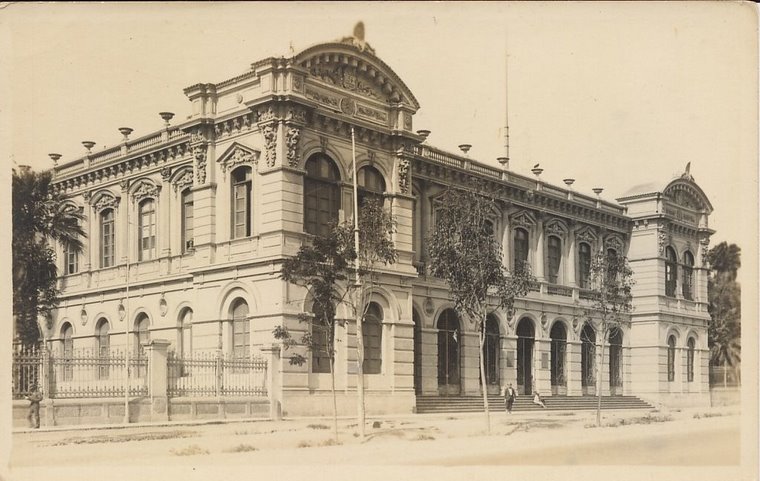
No hay comentarios.:
Publicar un comentario